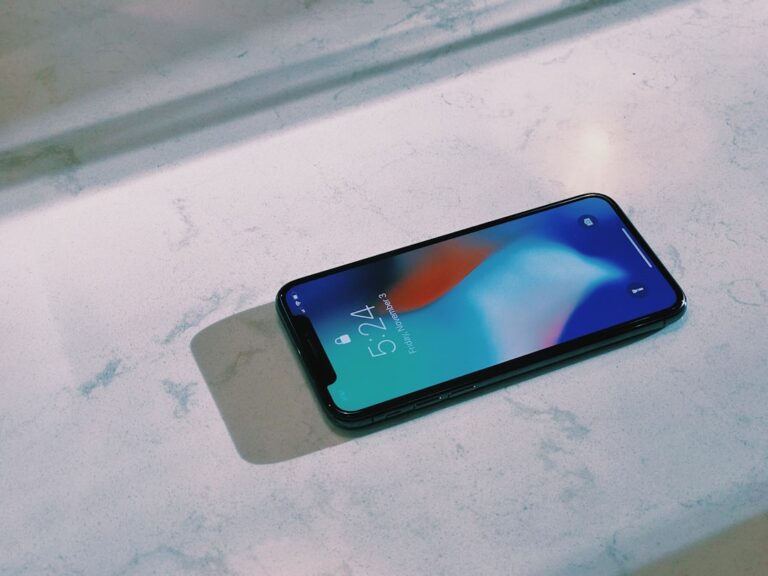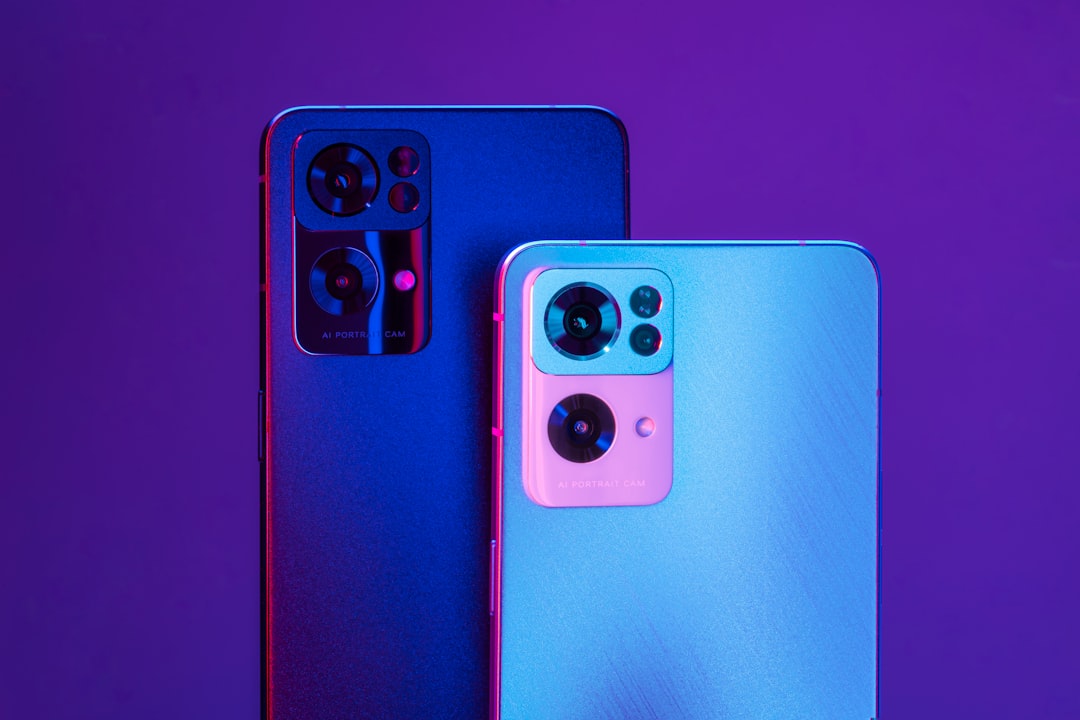In Virginia, robocalls are regulated by the Telephone Consumer Protection Act (TCPA), which prohibits automated calls without prior consent. Residents can sue for damages if robocalls cause harassment or distress, with successful cases offering substantial compensation. Understanding TCPA rights and call-blocking measures is crucial for organizations like Elk Run Trails to avoid lawsuits and ensure a peaceful environment. Virginia residents facing unwanted phone calls, especially robocalls, have legal options under the TCPA, including filing complaints with the FTC or state attorney general.
In today’s digital age, unwanted phone calls, or robocalls, have become a pervasive nuisance. Elk Run Trails, a scenic trail system in Virginia, recently faced interference from intrusive robocalls, disrupting its peaceful environment. This article explores the legal ramifications of robocalls in Virginia, using Elk Run Trails as a case study to understand how these automated calls can be classified as harassment. We delve into Virginia’s laws against unwanted phone calls and provide insights on taking legal action against persistent robocallers, including the potential for suing for robocalls in Virginia.
Understanding Robocalls and Their Legal Ramifications in Virginia

Robocalls, or automated telephone calls from unknown numbers, have become a ubiquitous and often unwanted part of daily life. In Virginia, as in many states, these pre-recorded or artificial messages are regulated by laws designed to protect consumers from intrusive and fraudulent practices. The Telephone Consumer Protection Act (TCPA) prohibits companies from making automated calls to individuals without prior express consent. This includes sales calls, political messages, and certain types of notifications.
If you’ve received a robocall in Virginia and believe it violated your rights under the TCPA, you may have legal recourse. The law allows affected individuals to take action against the call originators, potentially seeking damages for each violation. While suing for robocalls is not always straightforward, successful cases can result in substantial compensation, especially if the calls were harassing or caused significant inconvenience. Understanding your rights and exploring legal options is crucial, as it can serve as a deterrent for future infringements and help restore peace of mind. Can I Sue For Robocalls Virginia? definitely applies here—it’s important to know your entitlements.
Elk Run Trails: A Case Study on Nuisance and Interference

Elk Run Trails, a popular hiking trail network in Virginia, has recently become a case study for the challenges of managing nuisance calls and interference from automated phone systems. The trails, known for their vibrant ecosystem and bustling with folks seeking outdoor recreation, have seen an increase in unwanted robocalls disrupting the peaceful atmosphere. These automated calls, often promoting products or services, can be particularly intrusive, especially when they persist despite efforts to opt out.
In Virginia, as in many states, consumers have legal recourse against incessant robocalls through measures like the Telephone Consumer Protection Act (TCPA). If Elk Run Trails or any organization faces legal action related to such calls, it underscores the importance of implementing robust call-blocking systems and educating users about their rights regarding nuisance calls. Understanding the legal implications, especially in a public space like a hiking trail network, can help organizations navigate these issues effectively and ensure a more enjoyable experience for all visitors.
When Calls Turn Into Harassment: Your Rights Explained

In today’s digital era, unwanted phone calls have evolved beyond mere nuisances into a pervasive problem, particularly with the rise of automated robocalls. When these calls become persistent and intrusive, crossing the line into harassment, it’s important to understand your rights as a Virginia resident.
If you’re receiving frequent, unsolicited, and disruptive calls from telemarketers or unknown sources, you may have legal recourse. In Virginia, as in many states, the Telephone Consumer Protection Act (TCPA) provides safeguards against robocalls and automated dialing systems. This federal law prohibits companies from making certain types of phone calls without prior consent, and it offers a path for individuals to take action against violators. If you can demonstrate that these calls caused you harm or violated your privacy, you could be eligible to sue for damages, including blocking future calls. For those in Virginia considering legal action due to robocalls, “Can I Sue For Robocalls Virginia” is a common search phrase, highlighting the growing demand for clarity and justice in this modern communication challenge.
Navigating Virginia's Laws Against Unwanted Phone Calls

In Virginia, navigating laws against unwanted phone calls, particularly robocalls, is essential for protecting your privacy and peace of mind. The state has implemented regulations to curb excessive and intrusive telemarketing activities, offering some relief from persistent robocalls. One key aspect is understanding when and how you can take legal action. If you’ve experienced repeated robocalls, it’s important to know that Virginia law allows residents to sue for damages if they have suffered harassment or distress due to such calls.
The ability to hold perpetrators accountable is a powerful tool against robocallers. When evaluating whether to take legal action, consider the frequency and nature of the calls. If you can prove that the calls were unwanted, excessive, or caused emotional distress, you may have grounds for a lawsuit under Virginia’s laws against unwanted phone calls, potentially including compensation for your troubles and a permanent halt to such intrusions. Remember, knowledge is power in this digital age, especially when it comes to protecting yourself from annoying and intrusive robocalls.
Can You Take Legal Action Against Persistent Robocallers?

In the age of relentless robocalls, many individuals are left feeling frustrated and powerless. While blocking numbers and silencing calls can offer temporary relief, what options do you have if these automated intrusions persist? The good news is that legal avenues exist to combat this growing issue.
In Virginia, as in many other states, there are laws in place to protect consumers from unwanted telephone solicitations, including robocalls. If you’ve experienced repeated or persistent robocalls, you may be able to take legal action. By filing a complaint with the Federal Trade Commission (FTC) or your state’s attorney general, you can help track down the source of these calls and potentially hold perpetrators accountable. Additionally, certain states have specific laws regarding do-not-call lists and penalties for violators, offering further recourse for victims of robocall harassment.






